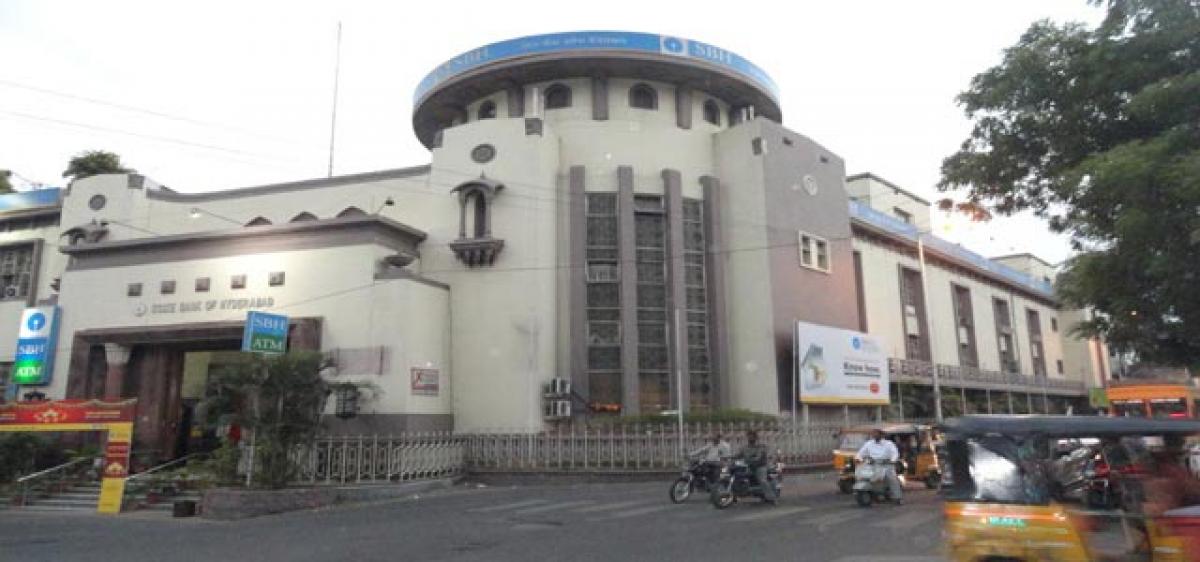The merger and after

The merger of subsidiary banks into the State Bank of India (SBI) transformed India’s premier bank into one of the top 50 banks of the world. Notwithstanding this euphoria, several irksome questions over the possible scenario post-merger remain.
The merger of subsidiary banks into the State Bank of India (SBI) transformed India’s premier bank into one of the top 50 banks of the world. Notwithstanding this euphoria, several irksome questions over the possible scenario post-merger remain.
The experience with bank mergers in United States that inspire such a policy recourse worldwide including India shows that 20 per cent of population were kept out of banking services. Any such scenario is highly unwarranted in India that already suffers from lower access to banking services, especially, to the vulnerable sections of society.
The US banking industry fuelled by consumer debt growth resulted in increased volumes of toxic debt that ultimately turned the banking industry unsustainable. In the run-up to recent US election trail, Bernie Sanders advocated demerger of financial institutions too big to fail.
Justification of bank merger on the argument that it would lead to appreciation of share price is also unsubstantiated even by the American experience. The merger of J P Morgan and Chase Manhattan banks in 2000 did not result in sustained growth in the share price, indicating that chance rather than policy contributed to the share price behaviour.
There are instances of credit to small businesses and small borrowers declining after merger of banks. Besides, there is no empirical evidence to conclusively establish the positive correlation between the size and the quality of banking services.
Market economics clearly suggests that greater competition results in plurality of choices for the consumer. But, the consolidation of financial markets can lead to emergence of monopolistic structures and consumers can be burdened by unilateral charges. Thus, mergers need not necessarily result in beneficial banking for the customers.
There is an ample empirical evidence to suggest that Indian banking industry is characterised by higher degree of regional diversity in credit to deposit ratio, nature of borrowers, etc. The diversity in banking industry means that they cater to different levels of customers having distinctly different credit needs and risk absorbing capacity. The apprehension over consolidation of banking industry is that the diversity will be at stake.
The merger is not without challenges and opportunities for the SBI. The merged SBI entity would have deposits of Rs 21 lakh crore; advances of Rs 18 lakh crore; net profits of Rs 11,589 crore; 24,000-plus branches; 58,000 ATMs and 2,70,000 employees. Still, post merger too, it will not be anyway nearer to the big multinational banks.
The merger would add scale, geographical reach, product mix and experienced staff, which is in short supply. But, the merger can lead to the branch gridlock at least in states where the associate banks are headquartered. The rationalisation of branches would be painful.
The literature also reveals that the mergers can lead to cost efficiency in operations due to elimination of overlapping operations and consolidation of back office operations. The economies of scale and scope are also suggested as positive outcomes of mergers.
The experience is not similar. Neither the theory nor the practice of banking worldwide does establish any irrefutable evidence of mandatory gains from merger of banks. The authors of bank merger, therefore, have an obligation to prove that the avowed benefits would accrue to the economy and the customers alike.














